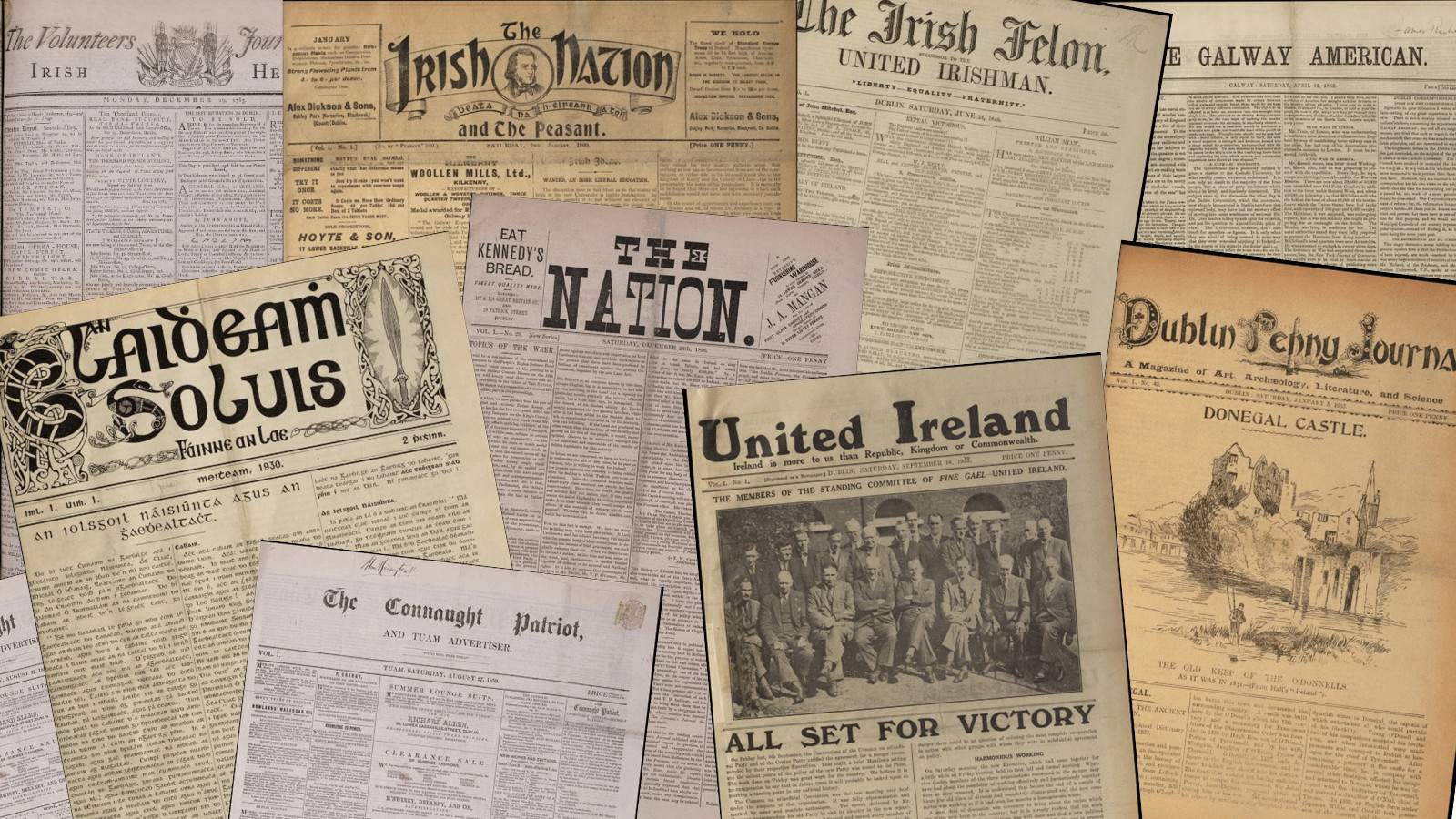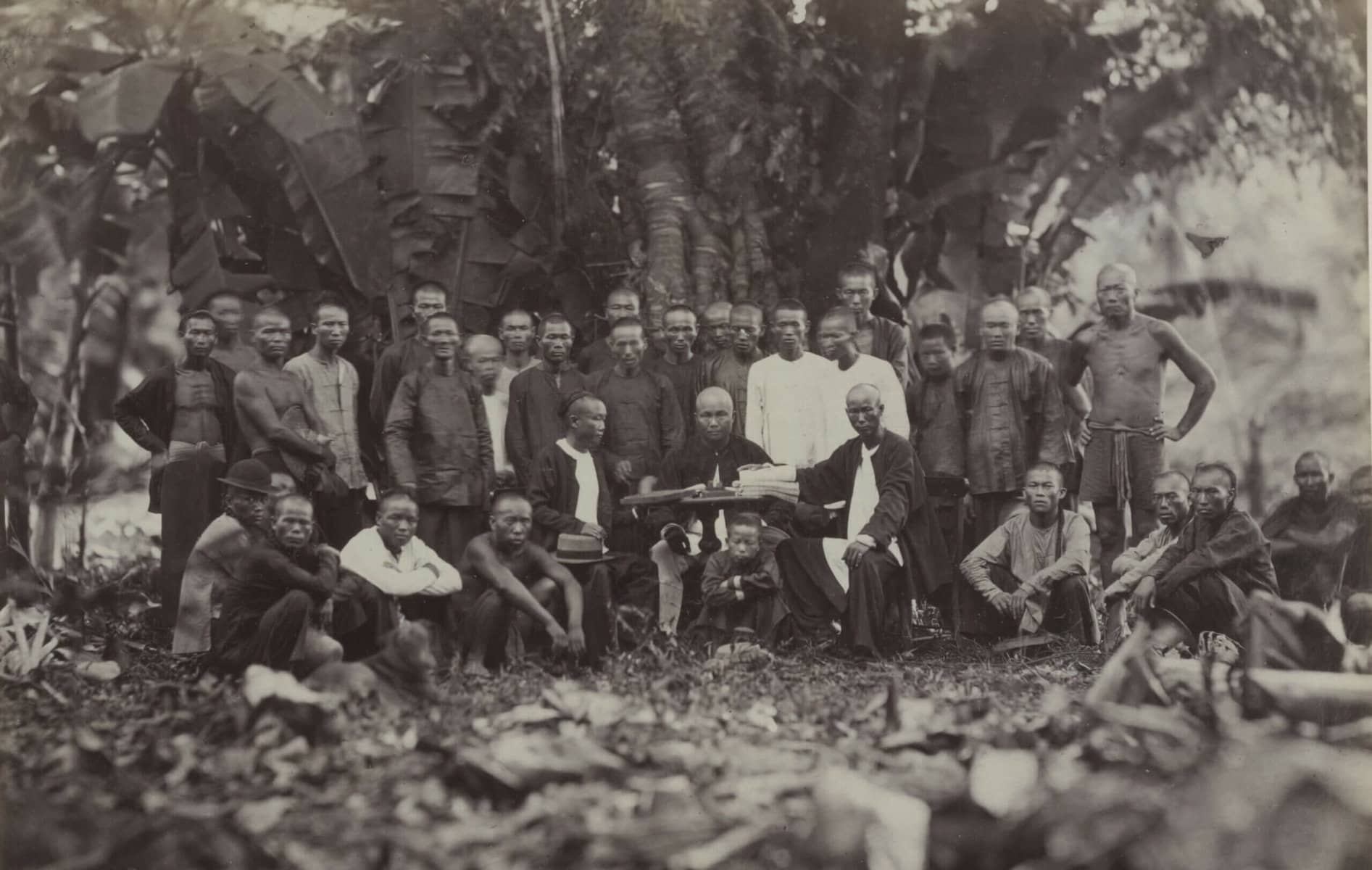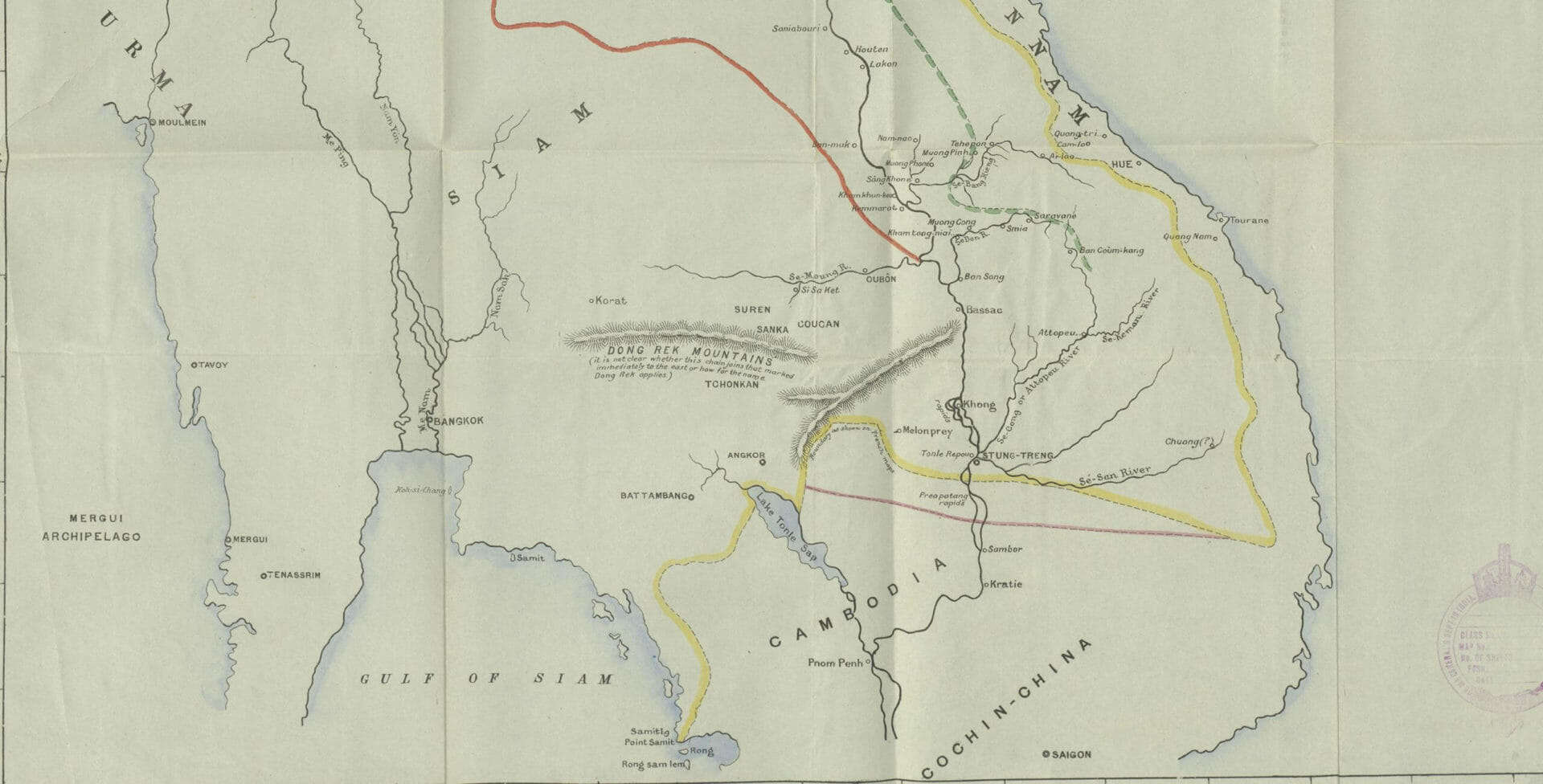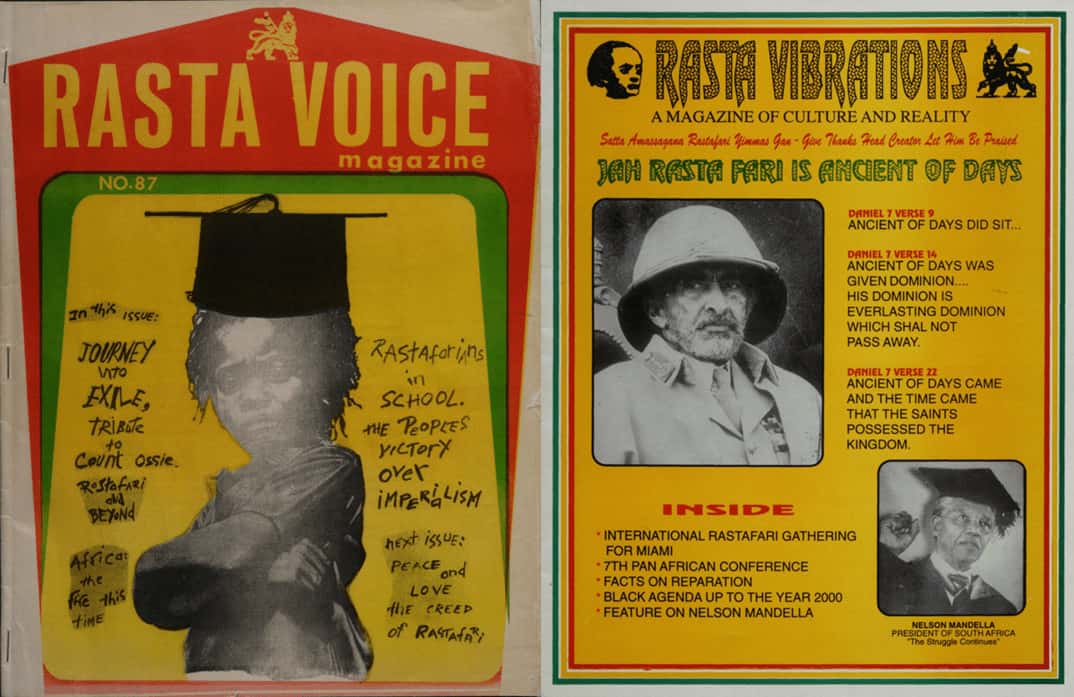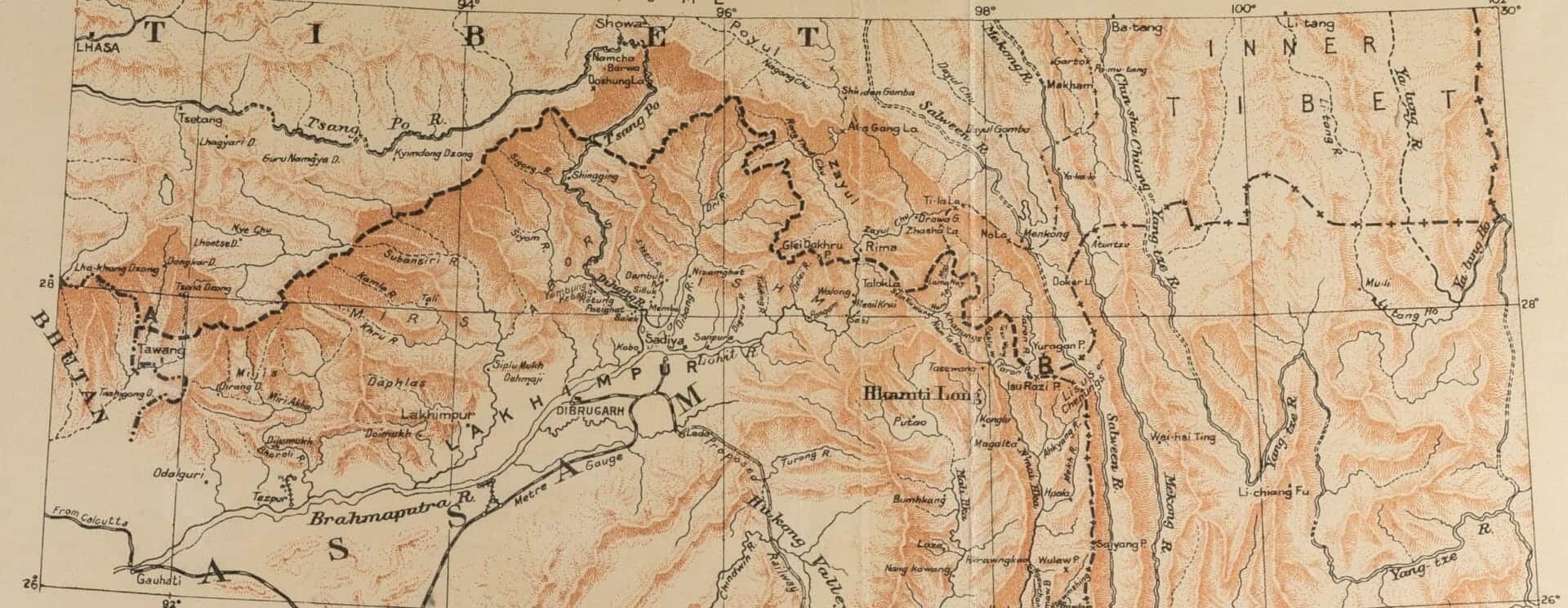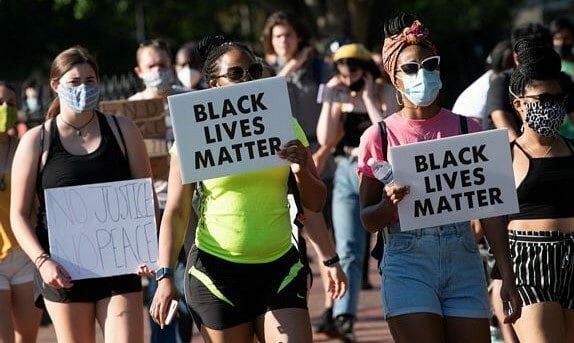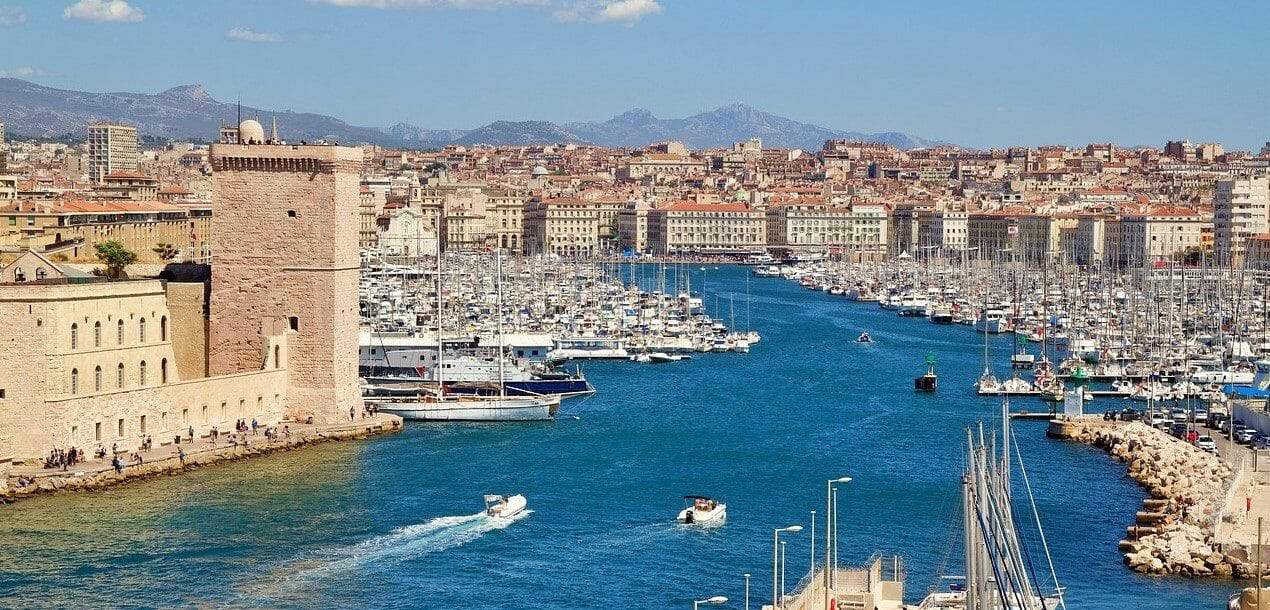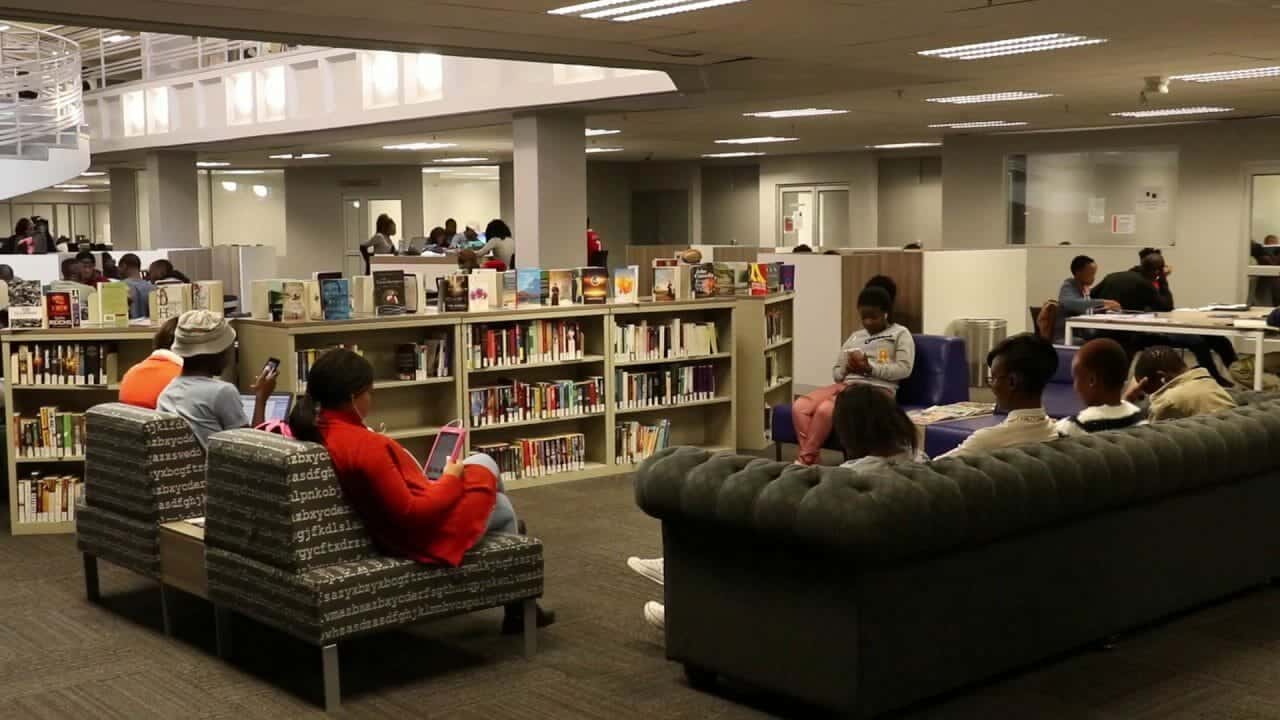|By Liping Yang, Publishing Manager, Digital Archive and eReference, Gale Asia|
From May 2020 to February 2021, Chinese and Indian border troops engaged in melee, face-offs, and skirmishes along the Sino-Indian border near the disputed Pangong Lake in Ladakh and the Tibet Autonomous Region, as well as near the border between Sikkim and the Tibet Autonomous Region. This series of disputes has resulted in numerous casualties, attracting worldwide attention in the midst of the COVID-19 pandemic.
Such border disputes are nothing new. Three years prior to this in June 2017, the troops of the two countries had a border standoff in Doklam, a strategic location near a trijunction border area involving China, India, and Bhutan. Actually, China and India even went to war between October–November 1962 over their disputed Himalayan border.
Many of these border disputes and clashes can be attributed to the controversial McMahon Line. What is this line? And how did it come about? We can find some illuminating historical records on this in China and the Modern World: Diplomacy and Political Secrets, 1868-1950, a collection of rare historical materials selected from the India Office Records now held at the British Library.
Read more

